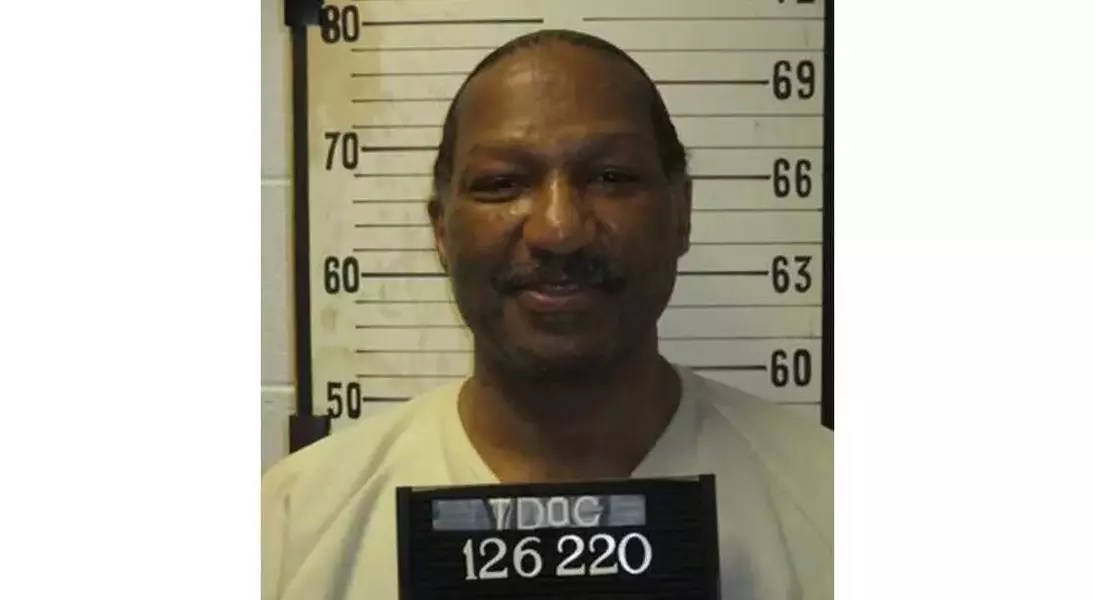
A Heartbeat Away: The Unprecedented Execution and its Ethical Echoes
Tennessee's Controversial Execution of Byron Black
Tennessee is set to proceed with the execution of Byron Black, marking a potentially unprecedented event as he is equipped with a functioning implanted defibrillator. Despite legal challenges and ethical concerns, Governor Bill Lee has chosen not to grant a stay, paving the way for the execution on Tuesday.
The Medical Device at the Center of the Debate
Byron Black's medical condition is critical; he suffers from dementia, brain damage, and severe cardiac issues, necessitating an implanted cardioverter-defibrillator. This device, designed to regulate heart rhythm and deliver emergency shocks, poses a complex challenge during a lethal injection. Legal representatives for Black argue that the device must be deactivated to prevent excruciating pain and prolonging the execution process, a procedure that involves a simple, non-surgical deactivation.
Legal and Ethical Conundrums Surrounding the Execution
The state's Supreme Court recently overturned a lower court's decision that would have mandated the deactivation of Black's defibrillator. Authorities maintain that the lethal injection would not activate the device, or if it did, Black would not perceive any shocks. However, Black's counsel asserts that even if he is rendered unconscious, the potential for pain perception remains. This case also brings into sharp focus the ethical quandary for medical professionals, many of whom view participation in executions as a direct violation of their professional code.
The Crimes and Convictions of Byron Black
Byron Black was convicted for the 1988 fatal shootings of his girlfriend, Angela Clay, and her two young daughters. Prosecutors detailed a narrative of jealous rage as the motive for the horrific acts. A relative of the victims has publicly stated that Black should not be shown mercy, echoing the severe nature of his crimes.
Ongoing Appeals: Intellectual Disability Claims
Black's legal team has continuously sought to appeal his death sentence, arguing he is intellectually disabled and thus ineligible for execution under current U.S. Supreme Court precedent. Despite a 2021 state law aimed at reassessing intellectual disability claims for death row inmates, Black's previous attempts to raise this issue have prevented a new hearing. His attorneys argue that had they delayed their initial claim, he would have qualified for consideration under the new legislation. This aspect of the case underscores the continuous legal efforts to address his intellectual capacity and its bearing on his eligibility for capital punishment.
